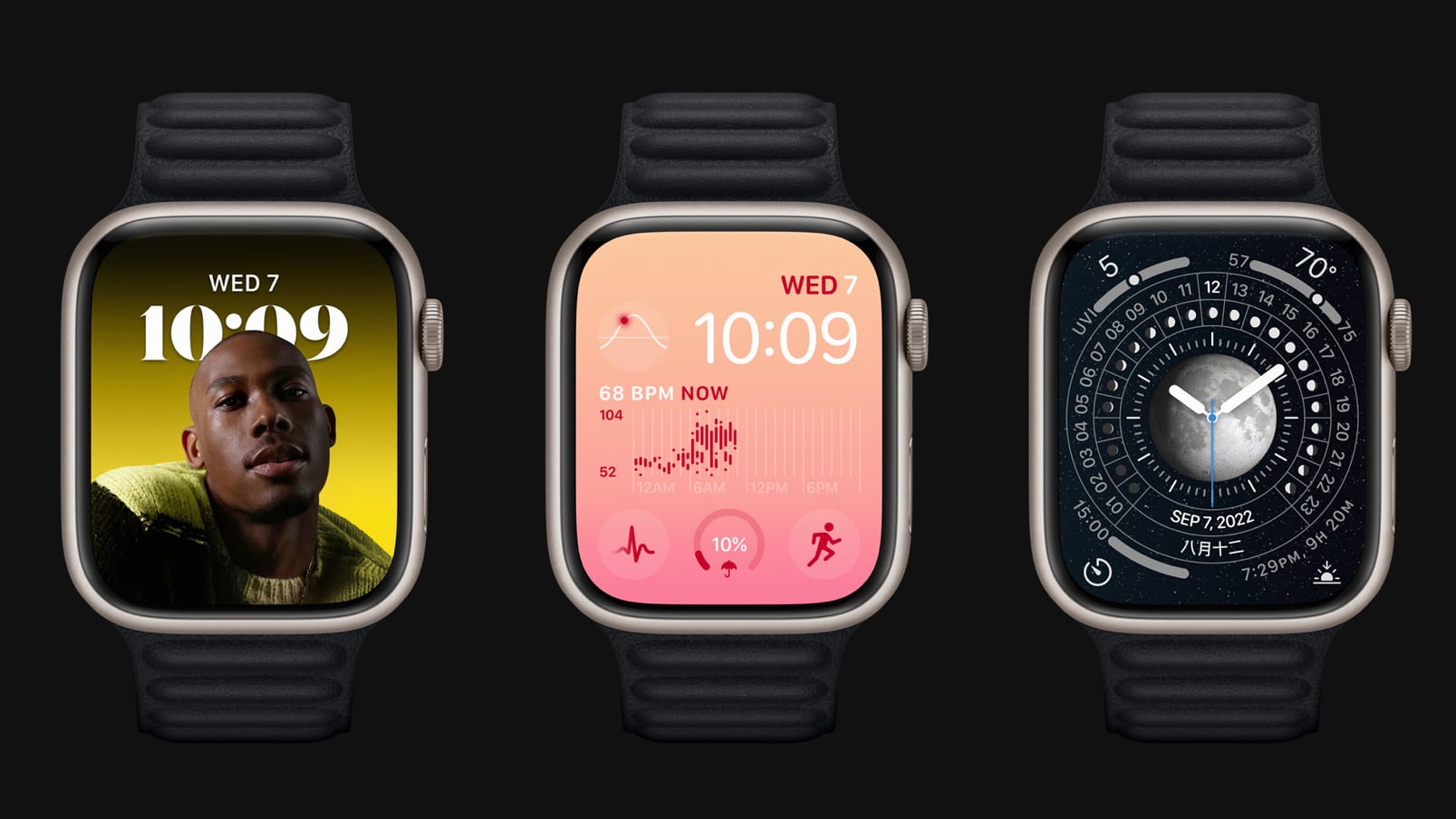The standard Watch is claiming around ~18h of battery life under normal use and charging times of ~45 minutes to 80% and ~75 minutes to 100%.
If an upgraded chip can bring some power efficiency improvements that could bring these numbers closer to 24h, 30 minutes and 60 minutes it makes full-day use (including sleep time and with limited charge times) more feasible.
Even better if they can turn on more sensors full-time (e.g., both heart sensors) like when they switched to an always-on altimeter.
Apple wants to make this a device you can wear as much as possible to enable more expansive health-tracking functionality. This would help.
Of course, you'll likely also see some speed improvements. That's fine but not the most critical.
If an upgraded chip can bring some power efficiency improvements that could bring these numbers closer to 24h, 30 minutes and 60 minutes it makes full-day use (including sleep time and with limited charge times) more feasible.
Even better if they can turn on more sensors full-time (e.g., both heart sensors) like when they switched to an always-on altimeter.
Apple wants to make this a device you can wear as much as possible to enable more expansive health-tracking functionality. This would help.
Of course, you'll likely also see some speed improvements. That's fine but not the most critical.



